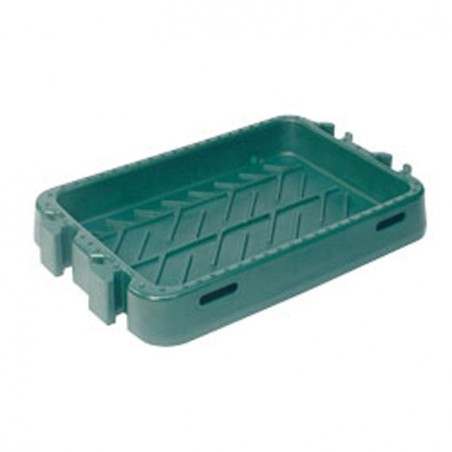Since its entry into Georgia back in 2007, African swine fever (ASF) has progressively spread throughout the region, despite all prevention and control efforts, first affecting the Caucasus countries, then the Russian Federation, Ukraine, Belarus, and since last year, the European Union (the Baltic States and Poland).
The key for effective prevention and control of ASF is to raise the awareness of all stakeholders. The messaging is country and audience specific. Therefore a comprehensive ASF outreach programme is the highest priority for the region.

To tackle this awareness gap, the Defense Threat Reduction Agency/United States Strategic Command Center for Combating Weapons of Mass Destruction (DTRA/SCC-WMD) has funded a project titled “Community outreach to support understanding of African swine fever (ASF) ecology and epidemiology in Eastern Europe: Training and implementation for methods and strategies for control and prevention” in four target countries: Armenia, Georgia, Kazakhstan and Ukraine. The one-year project is operated through in-country contractors with the support of Safe Food Solutions (SAFOSO) and the Food and Agriculture Organization of the United Nations (FAO).
The overall objective of the project is to develop a comprehensive and sustainable regional network of knowledge and expertise, for the control and prevention of ASF. This knowledge will be translated into country-specific awareness materials and a train-the-trainer cascade, i.e. country focal points will train regional veterinarians, who will in turn train farmers and other stakeholders within the pig and pork value chains. Although the exact outreach approach and contents of the training and awareness materials will be tailored to each country, regular meetings involving all target countries will ensure the coordination and overall coherence of the project at the regional level, while ensuring that lessons learned and experiences are shared.
The project kick-off meeting took place in Yerevan, Armenia, on February 3-5, 2015. It was attended by 19 representatives from the veterinary services and research institutions from Armenia, Georgia, Kazakhstan, and Ukraine, as well as the 4 in-country contractors, DTRA/SCC-WMD, staff and advisors, SAFOSO and FAO representatives. The three-day meeting aimed to select the methods for execution of project tasks, establish the distribution of work activities, including roles and responsibilities of participating organizations, and establish project milestones and deliverables.
Tuesday March 17, 2015/ FAO.
http://www.fao.org






